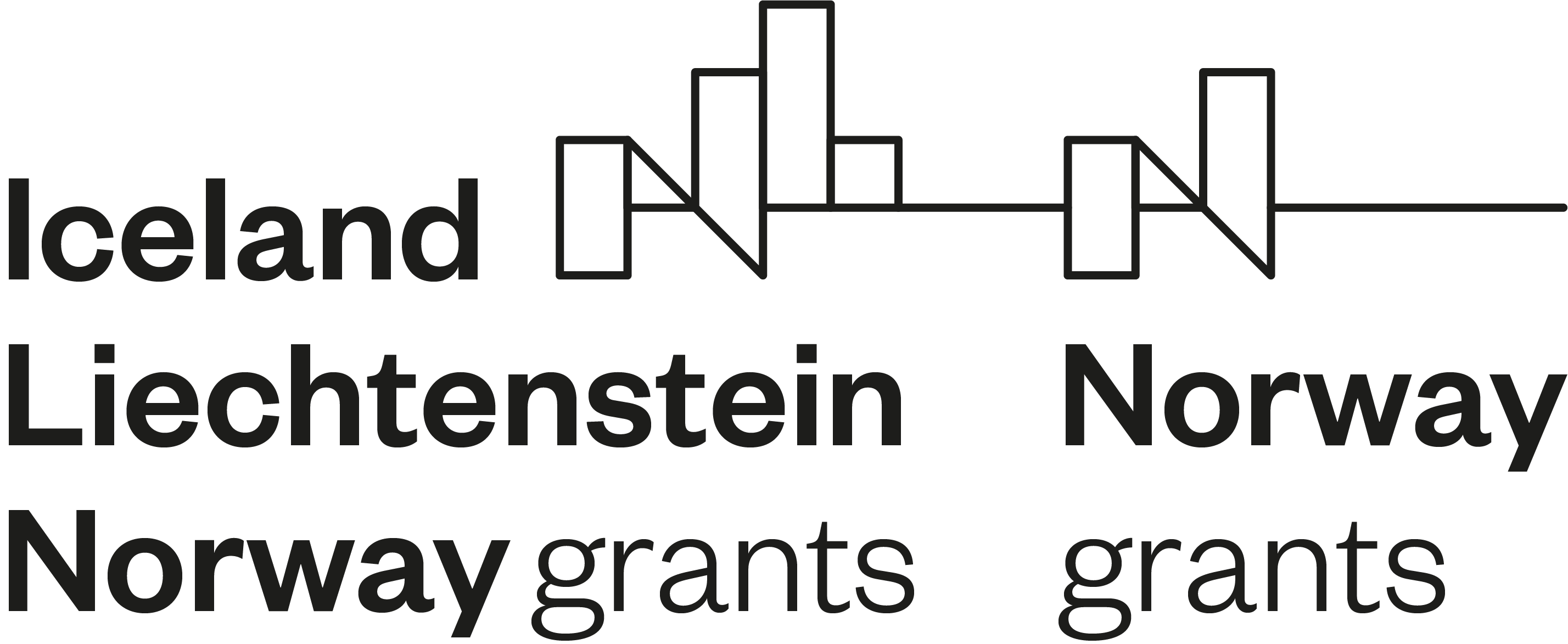Strategical concept

The HOPE project strategical concept
Assess
Develop up-to-date state of the art analysis, mapping of the best approaches, collection of current strategies, and needs assessment regarding radicalisation in the involved region.
Network
Create a “European Learning Hub on Radicalisation”, primarily focused on the Balkan, Southern and Eastern countries that supports continuous training and information and experience sharing
Engage staff from the judicial, prison, probation and community spheres in transnational thematic workshops and high-level seminars
Train
Develop a b-Learning training programme targeting prison, probation and community organisations’ staff.
Mentor
Develop a mentoring scheme to be implemented with inmates/ex-inmates who are at risk of radicalisation
Disseminate
Communicate the project outputs and results on the project website
Foster discussion at a national level, through workshops across all partner countries
Reach a broader audience with a mid-term and a final International Conference
State of the art analysis & needs assessment
It aims to capture a national and European image of existing theory and practice preventing radicalisation, leading to violent extremism, deradicalisation, and disengagement practices in the criminal justice context.
Literature review, best practices and approaches mapping
A comprehensive literature review and mapping of the best approaches to prevent, deal and tackle the radicalisation phenomenon, including a focus on the role of restorative practices and mentoring to prevent radicalisation and disengagement /deradicalisation.
European survey
The European survey will be conducted on the current state of prevention strategies/efforts to promote individual deradicalisation/disengagement towards inmates (prison/probation) or ex-inmates (community) at risk of radicalisation or who have been radicalised. This will allow identifying similarities and differences between programmes and establishing factors that contribute to their effectiveness.
Methodology conceptualisation (elaboration of questionnaires/interviews)
The preparatory assessment questionnaires and interviews aim to provide awareness and knowledge about needs, gaps in available strategies, potential venues and modalities for risk assessment, multi-agency cooperation and corresponding interventions, impact on the target group and the potential demand for future programmes. No such assessment concerning radicalisation has been done so far in the countries involved.
Data collection & analysis
Needs analysis to be conducted among the relevant stakeholders (prison and probation staff, agencies, and community partners working with inmates) to identify specific intervention objectives.
Leader
FUNDEA – Fundación Euroárabe de Altos Estudios
Timetable
01-07-2020 to 31-09-2021
Creating the “Balkan, Southern and Eastern European learning hub on Radicalisation”
It aims to create a network that supports continuous training, sharing information and experience – The Balkan, Southern and Eastern European learning hub on Radicalisation.
Screening, identification & creation of relevant national/regional stakeholders’ network
The partners will identify the most relevant stakeholders in the project’s national and regional scope in the field of radicalisation and violent extremism prevention, as well as criminal justice staff training.
Implementation of a knowledge base (electronic platform for knowledge sharing) between network members
Departing from the previous activity, the Consortium will create a network of members through an electronic platform.
Transnational Thematic Workshop (Online)
Through the involvement of different practitioners, these events will be held online in each one of HOPE’s Balkan partner countries and will count with at least 20 participants in each.
Transnational Thematic Workshop (In-Person)
Through the involvement of different practitioners, these events will be held in each of HOPE’s Balkan partner countries and will count with at least 20 participants in each.
High-level Seminars
These events, which will occur in Lillestrøm (Norway) and Sofia (Bulgaria), will focus on drafting policy and practice recommendations.
Transnational Policy Forum (Milan, Italy)
This event aims the thorough discussion and analysis of the project’s products and results with policy and decision-makers.
Leader
Agenfor International
Timetable
01/07/2020 to 30/04/2023
Capacity building for the implementation of new approaches
Its goal is to develop strategies and programmes tackling radicalisation leading to terrorism and violent extremism inside and outside prisons, targeting both inmates / ex-inmates and staff in direct contact with those most at risk of radicalisation.
Development of training programme structure & methodology
According to the needs previously identified, the project’s training programme methodology, structure and contents will be developed.
Development of the b-learning training programme
This will include the use of risk assessment of radicalisation in prison/probation tools), tools for frontline staff to assess inmates/offenders at risk (using assessment tools developed in different initiatives and projects – i.e., building upon the findings of R2PRIS, INTEGRA and PRACTICIES projects), and the implementation of deradicalisation/disengagement/rehabilitation programmes (i.e., building upon the findings of WayOut project).
Development of a multi-agency approach for the effective implementation of deradicalisation, disengagement and rehabilitation programmes
A guide to improving multi-agency cooperation towards effective implementation of deradicalisation/disengagement/rehabilitation programmes will be developed.
Development of a Train the Trainer programme
Specific train the trainer programmes will be designed to allow a multiplier effect, dissemination and mainstreaming of the HOPE project results and learning contents. The training of trainers’ course will prepare different professionals to train others in their specific context.
Development of the b-learning training programme
The training programme will be developed considering the trainer’s most pressing needs to conduct a successful and effective training session or course.
Development and adaptation of the mentoring scheme structure
Based on the Norwegian mentoring model’s proven effectiveness, specific mentoring schemes programmes will be developed according to each of the Balkan countries’ needs (and context) within HOPE’s partnership.
Implementation of the mentoring scheme
The previously developed mentoring scheme will be implemented in the project’s partners from the Balkan region.
Leader
IPS_Innovative Prison Systems
Timetable
01/07/2020 to 30/04/2023
Evaluation
Guarantees a systematic evaluation throughout the project’s life course, a fundamental feature to ensure HOPE’s sustainability and achievement of key results
Project evaluation strategy plan
This will be agreed upon by all partners, who will guarantee the accomplishment of the proposed indicators of achievement within the stipulated deadlines.
Manage the project’s internal evaluation
This output comprises the evaluation reports of events, training programmes and dissemination activities and the overall internal evaluation reports.
Leader
BAPE – Bulgarian Association for Policy Evaluation
Timetable
01/07/2020 to 01/07/2023
Testing, validation and fine-tuning of programmes
It aims at piloting and fine-tuning activities that will be carried out in each one of the Balkan countries represented within HOPE’s consortium.
On-going piloting and fine-tuning management
On-going piloting supervision and fine-tuning of the training programme’s programme, structure and/or content according to trainees’ feedback.
B-learning programmes pilots
The training programmes developed previously will be piloted across all partner countries from the Balkan region.
Train the trainer courses pilots
The training programmes developed previously will be piloted across all partner countries from the Balkan region.
Leader
IPS_Innovative Prison Systems
Timetable
01/01/2022 to 01/05/2023
